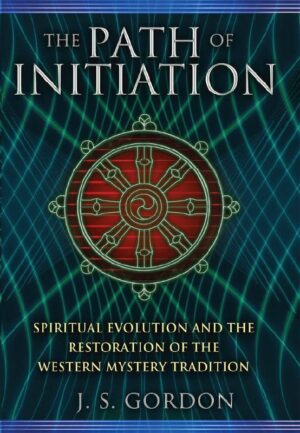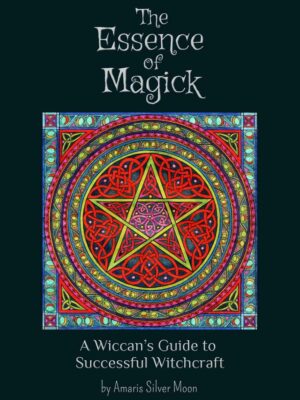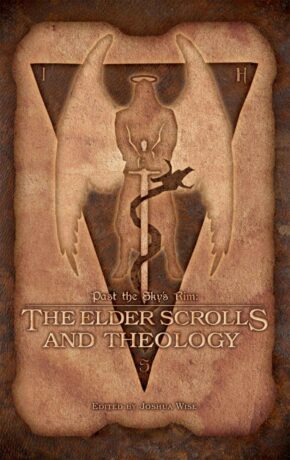13.03.2021
Magick Matters
13.03.2021
“Energy Medicine: The Scientific Basis” by James L. Oschman (2nd edition)
13.03.2021
“Escaping Utopia: Growing Up in a Cult, Getting Out, and Starting Over” by Janja Lalich and Karla McLaren
13.03.2021
“The Essence of Magick: A Wiccan’s Guide to Successful Witchcraft” by Amaris Silver Moon (kindle version)
13.03.2021





